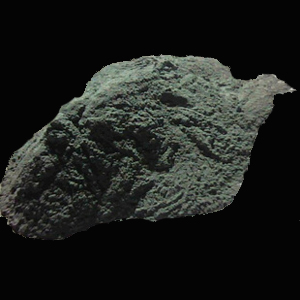It takes several years for a company to establish itself. The early years witness rapid growth and rising market share. Then comes a phase where incremental growth is difficult to come by. Several companies have reached this critical juncture today, where future growth is under a cloud. These blue-chips have been phenomenal wealth creators in the past but have now lost their way. We look at three such companies and gauge whether these stocks can come out of their slumber anytime soon.
Wipro
As was the case with InfosysBSE 1.20 % till recently, investors are hoping that WiproBSE 1.78 % will revert to industry growth rates soon. But while Infosys has been able to re-invent itself under the stewardship of Narayana Murthy, Wipro has not made much headway. For a while now, its performance has been substantially weaker than its rivals such as TCSBSE 1.39 %, Cognizant and HCL TechBSE 1.27 %.
In the September quarter, Wipro grew at its fastest pace in two years by posting a 2.7% sequential growth in dollar terms. Even though this was high by Wipro's standards in the recent past, it still lags behind its peers. Wipro has been going through a transition over the past few years - two major management reshuffles in three years along with a de-merger of the non-IT businesses into a separate company.
In terms of strategy, the company has also become more aggressive in closing deals and increasing the number of big-ticket customers. However, analysts say that Wipro has been slow to execute this strategy compared to its peers, which partly explains the weaker performance. While its shares have surged 21% so far this year, a continued sluggishness may well lead to a correction in the stock price. Harit Shah, analyst, Nirmal Bang Securities, says, "The stock price does not lend comfort on the valuation front. Wipro will continue to witness a PE discount to its peers."
Tata Steel
Ever since the $12 billion acquisition of Corus in 2007, Tata SteelBSE 2.17 % has been weighed down by the European frontier. Losses continued to pile up as a persistent slowdown in industrial demand in Europe hurt profitability. Boasting double the capacity of Tata Steel's Indian unit, the European operations were expected to contribute a chunk to the profit of the combined entity.
On the contrary, the Indian operations still account for the lion's share of the company's total prof ..
Copyright © 2013 Ferro-Alloys.Com. All Rights Reserved. Without permission, any unit and individual shall not copy or reprint!
- [Editor:editor]



 Save
Save Print
Print Daily News
Daily News Research
Research Magazine
Magazine Company Database
Company Database Customized Database
Customized Database Conferences
Conferences Advertisement
Advertisement Trade
Trade














Tell Us What You Think